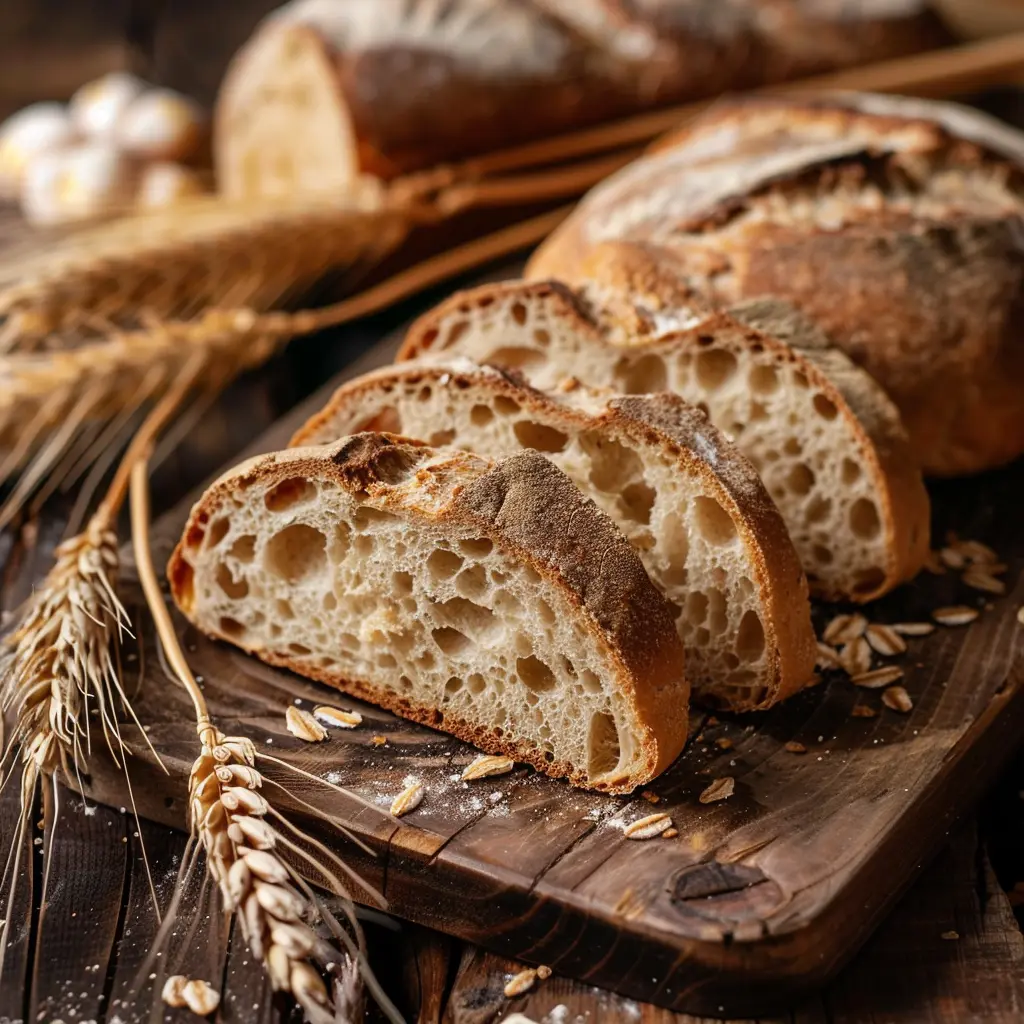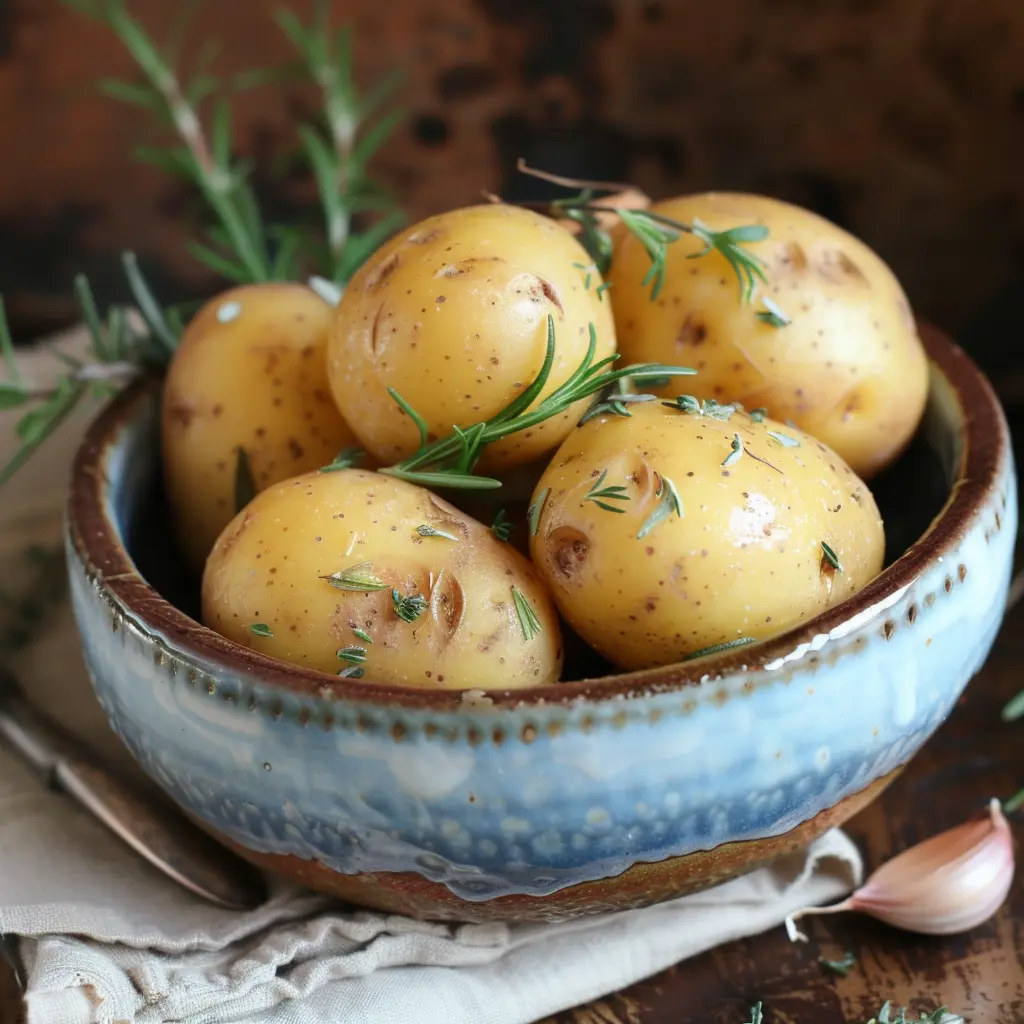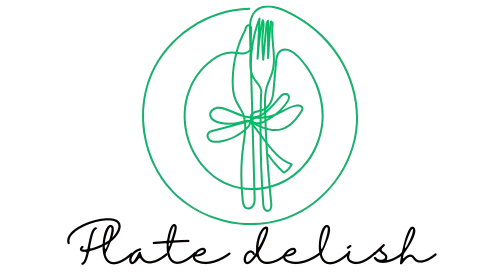Potatoes are naturally gluten-free, making them a safe option for those on gluten-free diets. As a starchy vegetable, potatoes contain carbohydrates, fiber, vitamins, and minerals but do not have any gluten proteins. However, cross-contamination can be a concern, especially when potatoes are processed, prepared, or cooked alongside gluten-containing foods.
While whole potatoes in their raw form are naturally gluten-free, processed potato products such as seasoned fries or pre-packaged mashed potatoes might contain gluten additives or face contamination. By opting for fresh, unprocessed potatoes and carefully verifying labels and preparation methods, individuals with gluten sensitivities or celiac disease can safely include them in their meals.
Understanding Gluten

Gluten is a family of proteins that naturally occur in certain grains like wheat, rye, and barley. It provides the elasticity and structure needed in many baked goods, giving bread its characteristic chewiness. For those with gluten sensitivity or celiac disease, however, consuming gluten triggers adverse health reactions.
Gluten Overview
Gluten is made up of two main proteins: glutenin and gliadin. These proteins are responsible for the elasticity and chewiness in dough. When water is added to flour, these proteins bind to form gluten. This structure allows baked goods to trap air, rise properly, and maintain their shape. Although gluten is primarily found in wheat-based products, it’s also present in grains like barley and rye.
Foods Containing Gluten
Gluten is most commonly found in bread, pasta, cereals, and other wheat-based products. Additionally, many processed foods contain gluten derivatives or additives, including soy sauce, salad dressings, soups, snack bars, and even some ice creams. Beer, due to the barley used in brewing, also contains gluten. It’s important to check ingredient labels and inquire at restaurants to avoid accidental gluten consumption.
Effects of Gluten on the Body
For individuals with celiac disease, gluten consumption leads to an autoimmune response that damages the small intestine, resulting in nutrient malabsorption and symptoms like diarrhea, bloating, and fatigue. People with non-celiac gluten sensitivity might experience similar symptoms, though without the autoimmune damage. In contrast, those without gluten intolerance typically digest gluten without adverse effects. However, regardless of the condition, it’s crucial for anyone with a gluten-related disorder to adhere strictly to a gluten-free diet.
Potatoes – A Nutritional Overview
Potatoes, a staple food in many cuisines, are rich in essential nutrients. They contain vitamins like vitamin C and B6, minerals such as potassium, and are a good source of fiber. As complex carbohydrates, they offer a steady supply of energy and can be prepared in numerous delicious ways. Their versatile nature, ranging from baking to frying, ensures that they cater to varied tastes and dietary needs. Let’s delve into their specific nutritional benefits, various types, and the positive impact they can have on health.
Nutritional Benefits of Potatoes
Potatoes are low in fat and naturally cholesterol-free. They provide vitamin C for immune support and potassium to help maintain healthy blood pressure. Their vitamin B6 content aids metabolism and brain function. Rich in fiber, they can promote digestive health, while their antioxidant compounds strengthen the body’s defenses. Overall, potatoes can be a nutritious part of a balanced diet.
Different Varieties
There are various potato varieties with distinct characteristics. Russets have a fluffy interior, making them perfect for baking and frying. Red potatoes have a waxy texture that holds well when boiled or roasted, ideal for salads. Yukon Golds provide a creamy, buttery taste, great for mashing. Fingerlings, with their small size and firm texture, are perfect for roasting. Each type offers unique flavors and textures to complement different dishes.
Health Impacts
Potatoes can positively impact health when consumed in a balanced diet. They support heart health due to their fiber and potassium content, and complex carbohydrates provide steady energy, preventing blood sugar spikes. Antioxidants like carotenoids and flavonoids help boost immunity. However, how they’re prepared matters—baking or boiling is healthier than frying, and excessive toppings can add unnecessary fats or sugars.
Are Potatoes Gluten-Free?

Yes, potatoes are naturally gluten-free, making them safe for people with gluten intolerance or celiac disease. They belong to the nightshade family and don’t contain the gluten proteins found in grains like wheat or barley. As long as they aren’t processed with gluten-containing additives or cross-contaminated during cooking, potatoes can be a valuable and versatile addition to any gluten-free diet.
The Composition of Potatoes
Potatoes are primarily made up of carbohydrates, which constitute the bulk of their nutritional profile. Starch forms the majority of these carbohydrates, providing a steady energy source. They also contain dietary fiber, which supports digestion, and provide essential vitamins like vitamin C, which helps boost immunity, and vitamin B6, which is vital for brain function. Additionally, potatoes are rich in minerals like potassium, an important element for maintaining healthy blood pressure and fluid balance. The protein content is relatively low, and fats are almost nonexistent. This composition makes them a highly nutritious and versatile food that fits well into various dietary needs.
Natural Gluten Status
Potatoes are inherently gluten-free, as they are root vegetables unrelated to grains like wheat, barley, and rye. Gluten is a protein found in these grains, making potatoes naturally suitable for those with celiac disease or gluten sensitivity. However, processed potato products like instant mashed potatoes, frozen fries, or seasoned snacks may contain gluten additives in their flavoring or thickeners. Cross-contamination can also occur if potatoes are prepared or cooked alongside gluten-containing foods. To ensure they remain gluten-free, it’s essential to choose fresh, unprocessed potatoes or verify that packaged potato products are labeled gluten-free and prepared in a safe, contamination-free environment.
How to Avoid Cross-Contamination
To prevent gluten cross-contamination:
- Check Labels: Carefully read labels on pre-packaged potato dishes to verify they don’t contain gluten-based additives.
- Use Separate Equipment: Cook and serve potatoes using separate utensils and cookware that have not come into contact with gluten-containing foods.
- Ask Questions: When dining out, inquire if the potatoes are fried or cooked in shared equipment.
- Season Carefully: If using spice blends or sauces, ensure they are gluten-free before adding them to your potatoes.
Gluten-Free Potato-Based Recipes
Baked Potato Ideas, Mashed Potatoes
- Baked Potatoes: Start with whole russet potatoes, scrubbed clean. Poke holes in them with a fork, rub them with olive oil and salt, then bake at 400°F (200°C) for about an hour or until tender. Top with gluten-free ingredients like sour cream, cheddar cheese, chives, or bacon.
- Mashed Potatoes: Peel and cube Yukon Gold or russet potatoes. Boil them until soft, then mash with butter, milk, and salt for a creamy consistency. Add herbs like parsley or chives for extra flavor, or swap dairy butter with a plant-based option to cater to various diets.
Potato Salads
- Classic Potato Salad: Boil diced potatoes until just tender, then mix them with gluten-free mayonnaise, mustard, chopped celery, onions, and fresh herbs. Add hard-boiled eggs or pickles for extra texture.
- Warm Potato Salad: Roast potatoes in olive oil and toss them with cooked bacon, Dijon mustard, vinegar, and fresh dill. This warm, tangy salad pairs well with grilled meats or vegetables.
Other Creative Dishes
- Scalloped Potatoes: Layer thinly sliced potatoes in a baking dish, pour in a mixture of milk, gluten-free flour, and grated cheese, and bake until bubbly and golden.
- Potato Soup: Simmer potatoes in chicken or vegetable broth with onions and carrots. Once tender, blend the soup to a creamy consistency. Add bacon, cheddar, and sour cream for a comforting bowl.
- Latkes (Potato Pancakes): Grate potatoes and onions, then mix with eggs and gluten-free flour. Fry the patties in hot oil until golden and serve with applesauce or sour cream.
Gluten-Free Diet Insights
The Purpose of a Gluten-Free Diet
A gluten-free diet is crucial for people with celiac disease, an autoimmune disorder that causes damage to the small intestine when gluten is consumed. It is also beneficial for those with non-celiac gluten sensitivity or wheat allergy, who experience digestive issues or other symptoms when consuming gluten. This diet eliminates all sources of gluten, including wheat, barley, rye, and their derivatives.
Health Benefits
For those who need it, a gluten-free diet can significantly improve health outcomes. By removing gluten, people with celiac disease can repair their intestines, allowing proper nutrient absorption. They often experience reduced bloating, diarrhea, fatigue, and joint pain. People with gluten sensitivity report less brain fog, fewer headaches, and improved digestion. However, the benefits are primarily linked to those with diagnosed gluten-related disorders.
Common Misconceptions
- Gluten-Free Equals Healthy: Just because a product is gluten-free doesn’t mean it’s healthier. Some gluten-free processed foods can be high in sugar or fats to compensate for flavor and texture.
- Gluten-Free for Weight Loss: The diet isn’t inherently designed for weight loss. While some people lose weight when avoiding gluten, it’s often due to eating fewer processed foods or refined carbohydrates.
- Everyone Should Avoid Gluten: Gluten is harmless to those without gluten-related disorders. Whole grains containing gluten, like wheat and rye, can provide essential nutrients like fiber, vitamins, and minerals.
FAQs about Potatoes and Gluten
What potatoes are not gluten-free?
Most whole potatoes are naturally gluten-free. However, processed or prepared potato dishes may not be. Some frozen, pre-seasoned, or battered potato products contain gluten additives, like wheat flour, in their seasoning or coating. Additionally, cross-contamination can occur if potatoes are fried in the same oil as gluten-containing foods.
Can you eat potatoes on a gluten-free diet?
Yes, you can eat potatoes on a gluten-free diet. As long as they’re whole, unprocessed, and not mixed with gluten-based ingredients, they are naturally gluten-free. Exercise caution with potato dishes that are heavily seasoned, processed, or prepared in a shared kitchen to avoid potential contamination.
Do French fries have gluten?
French fries are typically gluten-free if they’re made from plain potatoes and fried in dedicated oil. However, fries can have gluten if they’re coated with wheat flour for extra crispiness or if fried in oil that’s also used for gluten-containing foods. When eating out, it’s best to confirm with the restaurant to ensure your fries are safe.
Is rice gluten-free?
Yes, rice in its natural form is gluten-free. This includes white, brown, wild, and basmati rice. However, watch out for flavored or pre-cooked rice products that may include gluten additives like soy sauce or malt flavoring. Always check labels to be certain.
Conclusion
Recap and Final Thoughts
Potatoes, as naturally gluten-free tubers, offer an array of health benefits, serving as a versatile and nutritious staple for many diets. Rich in essential vitamins and minerals, potatoes provide complex carbohydrates that give us energy, while their fiber content supports heart health and digestion.
Despite their gluten-free status, some processed or prepared potato products might contain gluten additives or face cross-contamination risks during preparation. By understanding these risks and carefully selecting your ingredients, you can confidently enjoy potatoes without compromising your gluten-free diet.
Potatoes are not only versatile but also accommodating to various dietary needs. From baked potatoes and mashed potatoes to creative salads and savory soups, there’s no shortage of delicious gluten-free recipes to explore. Always remember to check labels on packaged items and communicate your dietary needs when eating out to ensure your meals are safe.
A gluten-free diet serves an essential purpose for those with celiac disease, gluten sensitivity, or wheat allergies. While this diet can significantly improve health outcomes for those individuals, it is not inherently healthier for everyone. Grains containing gluten also have nutritional benefits, so it’s crucial to focus on a balanced diet that fits your specific health needs.
Ultimately, potatoes can remain a delightful part of a gluten-free lifestyle if you follow the right preparation methods and are mindful of potential contamination. Enjoy the endless ways potatoes can enhance your diet, bringing flavor and satisfaction to your table.

1 thought on “Are Potatoes Gluten-Free?”